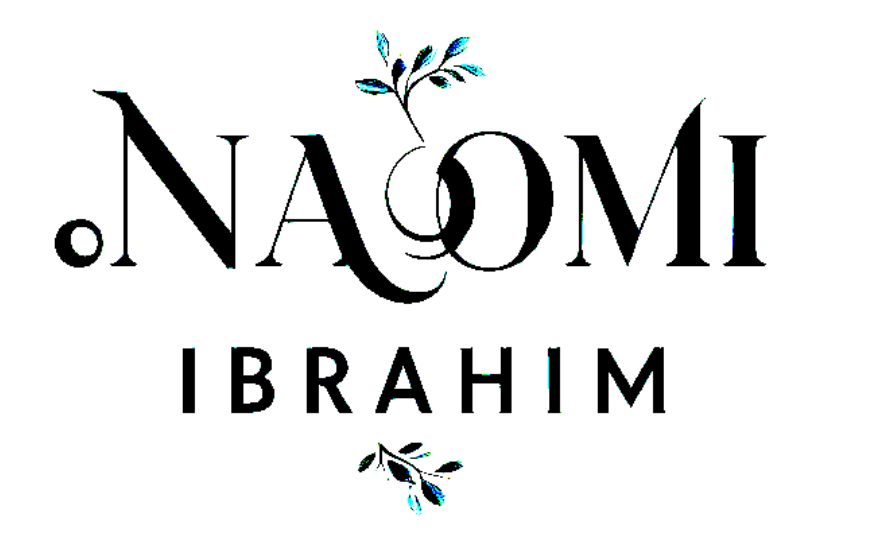Introduction
Mastering search engine optimization SEO can seem like a daunting task, especially for beginners. However, with the right approach and tools, you can significantly improve your website’s visibility and drive more traffic. This guide will walk you through the essential steps to mastering SEO in 2024.
Whether you’re a small business owner looking to attract local customers or a blogger aiming to increase your readership, SEO is a crucial skill to develop. By understanding how search engines like Google operate and what they value, you can tailor your content to meet those criteria and climb the search rankings. This guide will demystify the process, providing you with actionable steps and tips to enhance your SEO strategy effectively.
As you delve into the world of SEO, remember that it’s not a one-time task but an ongoing process. Search engine algorithms are constantly evolving, and staying updated with the latest trends and best practices is essential. This guide will equip you with the foundational knowledge you need to get started and highlight resources to keep you informed about the ever-changing SEO landscape. Let’s embark on this journey to make your website more discoverable and successful in 2024.

Understanding SEO Basics
What is SEO?
SEO, or Search Engine Optimization, is the practice of optimizing your website to rank higher on search engine results pages (SERPs). It involves various techniques to improve the quantity and quality of traffic to your site from search engines like Google.
Search Engine Optimization encompasses both on-page and off-page strategies. On-page SEO involves optimizing individual web pages to rank higher and earn more relevant traffic. This includes using keywords effectively, creating high-quality content, optimizing title tags and meta descriptions, and ensuring a mobile-friendly design. By focusing on these elements, you can make your website more attractive to search engines, which helps improve your visibility and reach a broader audience.
Off-page Search Engine Optimization, on the other hand, involves activities that take place outside your website but contribute to your site’s ranking. This includes building high-quality backlinks, which signal to search engines that your site is authoritative and trustworthy. Social media engagement and guest blogging are also critical components of off-page SEO. By implementing both on-page and off-page SEO techniques, you create a comprehensive strategy that can significantly enhance your site’s performance in search engine results.
Why SEO is Important
SEO is crucial because it makes your website more visible, driving organic (non-paid) traffic. Higher visibility in search results increases your chances of attracting potential customers, which can lead to higher conversions and business growth.
Search Engine Optimization also enhances your website’s credibility and trustworthiness. When your site ranks high on search engines, it signals to users that your content is reliable and authoritative. This perception of trust is vital, especially for new businesses looking to establish a strong online presence. Moreover, well-optimized sites typically offer better user experiences, with faster load times and mobile-friendly interfaces, further boosting user satisfaction and engagement.
Another significant advantage of Search Engine Optimization is its cost-effectiveness compared to paid advertising. While PPC campaigns can drive traffic quickly, they require ongoing investment. SEO, on the other hand, involves upfront efforts and investments that yield long-term benefits. By consistently applying SEO best practices, your website can sustain high rankings and organic traffic over time without the continuous expenditure associated with paid ads. This makes SEO a strategic and sustainable approach for long-term business growth.
Keyword Research
Finding the Right Keywords
The foundation of any SEO strategy is keyword research. Start by identifying the keywords and phrases that your target audience is using to search for your products or services. Use brainstorming sessions and customer insights to generate a list of potential keywords.
Tools for Keyword Research
To refine your keyword list, leverage keyword research tools. These tools can help you understand search volume, competition, and relevance.
Google Keyword Planner
Google Keyword Planner is a free tool that provides valuable data on keyword search volume and competition. It’s an excellent starting point for beginners.
Moz Keyword Explorer
Moz Keyword Explorer offers advanced features like keyword difficulty analysis and SERP analysis. It’s particularly useful for finding long-tail keywords that are easier to rank for.
On-Page SEO Techniques
Optimizing Title Tags and Meta Descriptions
Title tags and meta descriptions are crucial for on-page SEO. They should be compelling and include your primary keywords to improve click-through rates.
Using Header Tags Effectively
Header tags (H1, H2, H3, etc.) structure your content and make it easier for search engines to understand. Use them to highlight important sections and naturally incorporate keywords.
Content Optimization
Importance of High-Quality Content
High-quality content is key to SEO success. It should be informative, engaging, and provide value to your audience. Remember, content is king!
Keyword Placement and Density
While it’s important to use keywords, avoid keyword stuffing. Aim for a natural flow and ensure your keywords are included in strategic places like titles, headers, and the first 100 words of your content.
Technical Search Engine Optimisztion
Improving Site Speed
Site speed is a critical ranking factor. Optimize your website’s loading times by compressing images, leveraging browser caching, and minimizing code.
Mobile Optimization
With more users accessing the web via mobile devices, ensuring your site is mobile-friendly is essential. Use responsive design and test your site’s mobile performance regularly.
XML Sitemaps and Robots.txt
Creating an XML sitemap helps search engines index your site more efficiently. Additionally, a well-configured robots.txt file can guide search engines on which pages to crawl.
Off-Page Search Engine Optimization Strategies
Building High-Quality Backlinks
Backlinks from reputable sites signal to search engines that your site is trustworthy. Focus on earning backlinks through high-quality content, outreach, and guest posting.
Social Media Integration
While social media signals are not direct ranking factors, they can drive traffic and engagement. Share your content on social platforms to increase visibility and attract backlinks.
Guest Blogging
Guest blogging on relevant, high-authority websites can boost your Search Engine Optimization efforts. It helps you reach a wider audience and earn valuable backlinks.
Local SEO Practices
Google My Business Optimization
For local businesses, optimizing your Google My Business profile is crucial. Ensure your information is accurate and encourage satisfied customers to leave reviews.
Another key aspect of Google My Business optimization is regularly updating your profile with new and engaging content. This can include posting updates about your business, such as new products or services, special offers, and upcoming events. These posts not only keep your customers informed but also improve your profile’s activity, making it more appealing to both users and search engines. Including high-quality photos and videos can significantly enhance your profile, providing a visual appeal that can attract more customers.
Additionally, leveraging the Q&A section effectively can further boost your Google My Business profile. Respond to frequently asked questions and provide detailed answers to common inquiries. This not only helps potential customers get the information they need quickly but also shows that your business is responsive and engaged. Monitoring and promptly responding to customer reviews, both positive and negative, can improve your business’s reputation and foster trust with your audience. Encouraging customers to use specific keywords related to your business in their reviews can also enhance your profile’s search visibility.
Local Citations and Reviews
Consistent business listings on directories like Yelp and TripAdvisor can improve your local SEO. Reviews also play a significant role in local search rankings.
Measuring SEO Success
Tools for Tracking SEO Performance
Use tools like Google Analytics and Google Search Console to monitor your SEO performance. These tools provide insights into traffic sources, user behavior, and keyword rankings.
Important SEO Metrics
Key metrics to track include organic traffic, bounce rate, average session duration, and conversion rates. These metrics help you understand the effectiveness of your SEO strategy.
SEO Trends for 2024
Voice Search Optimization
With the rise of smart speakers, optimizing for voice search is becoming increasingly important. Focus on natural language queries and long-tail keywords.
AI and Machine Learning in Search Engine Optimization
Artificial intelligence and machine learning are transforming Search Engine Optimization. Tools like AI-powered content analysis and predictive search trends can give you a competitive edge.
Conclusion
Mastering Search Engine Optimization is a continuous process that requires dedication and adaptability. By understanding the basics, implementing effective strategies, and keeping up with trends, you can improve your website’s visibility and drive more traffic. Stay committed to learning and experimenting with different techniques to find what works best for your site.
FAQs
- What is the most important aspect of Search Engine Optimization?
High-quality content is the cornerstone of SEO. It engages users and encourages other sites to link to your content. - How often should I update my SEO strategy?
Regularly review and update your SEO strategy to keep up with changes in search engine algorithms and industry trends. - Can social media impact my SEO?
Yes, while social media signals are not direct ranking factors, they can drive traffic and increase brand visibility. - What are long-tail keywords?
Long-tail keywords are longer, more specific keyword phrases that visitors are more likely to use when they’re closer to making a purchase. - How do I optimize my site for mobile users?
Use responsive web design, optimize images and resources, and ensure fast loading times for a seamless mobile experience.

